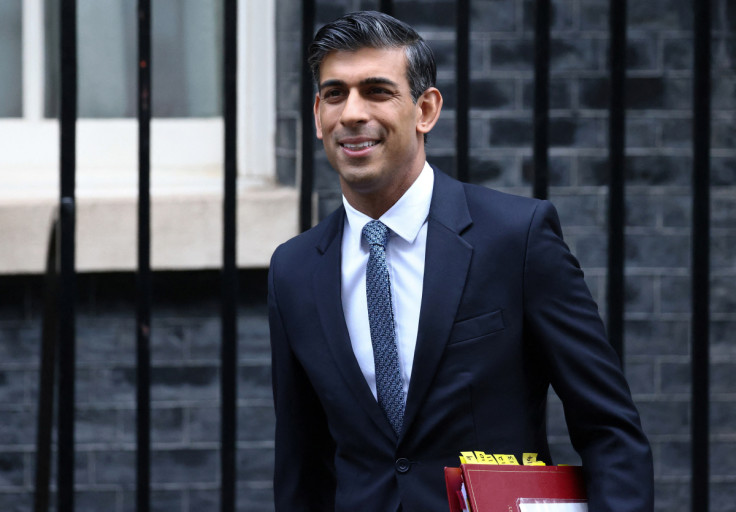IBT Editorial: There's still no money left
Both the Conservatives and Labour have spent decades racking up debt for the next generation to somehow pay off.

"I'm afraid there is no money. Kind regards – and good luck!". Those were the words that former Chief Secretary to the Treasury, Liam Byrne, left in a 2010 note to his successors, the then Conservative-Liberal Democrat coalition government led by David Cameron.
Such was the devastating truth of this statement, that the Conservatives would use it five years later, perhaps with some justification, to hammer the Labour Party's reputation for managing the national finances.
The Conservative Party has long dined out on its reputation for being the "natural party of government" and for being sound managers. Indeed, the current prime minister, Rishi Sunak, appears to have been chosen solely on those grounds.
So how are the national finances doing after 13 years of management by these sound managers and why is it important?
To answer the second question first, it is important because the nation is currently being wracked by numerous public and private sector strikes. Border agents, nurses, teachers, train drivers and more have all been on strike in the last month or so.
While most strikers find it unseemly to say they are striking only over pay, usually citing some additional more apparently noble reason, such as passenger safety or the wellbeing of pupils, the honest truth is that it's nearly always for the money.
Despite this it's difficult not to have some sympathy for those who have seen inflation eat into their earning power, sometimes cripplingly so. No doubt many of those on strike, and their families, are facing tougher times than they otherwise would have and wish to do something about it. This is understandable.
Sadly, for them, and indeed for all of us, the words of Liam Byrne are still true and indeed are perhaps more true than they were back in 2010.
In 2009-10, just after the 2008 financial crises, public sector net borrowing stood at 10.2% of GDP, which in itself was the highest figure since the Second World War. In 2020-21, in response to the government's Covid-19 measures, that figure reached a new record of 15%.
No doubt both Gordon Brown and Rishi Sunak (who as Chancellor at the time can hardly claim to have been uninvolved), would claim that extraordinary times require extraordinary measures. They may or may not be correct.
What about in normal circumstances however? Prior to the financial crisis, the Labour governments of Anthony Blair and Gordon Brown, saw public sector net borrowing average at 2.2% of GDP every year (a figure that rises to an average of 2.8% when including the high point of 2009-10). By contrast, prior to Covid, the Conservative or Conservative led governments had public sector net borrowing at an average of 4.9% of GDP (rising to 5.8% if the Covid years are included). It's also worth noting that from 1999 to 2001 the Labour government did something which has not been done since and actually ran a budget surplus.
What about the raw numbers though? Percentages of GDP always seem very abstract. How much debt does the United Kingdom government actually have? In 2021-22 public sector net debt reached over £2 trillion for the first time. When Labour left office it stood at around £1.3 trillion, having doubled it from the roughly £6 billion that was owed in 1997-98.
No party comes out of this looking particularly good or credible. Both have spent a decade or more racking up debt for the next generation to somehow pay off. No party wishes to give struggling workers the message that Liam Byrne had for his successor, but one suspects that is the only honest answer that can be given.
© Copyright IBTimes 2025. All rights reserved.






















